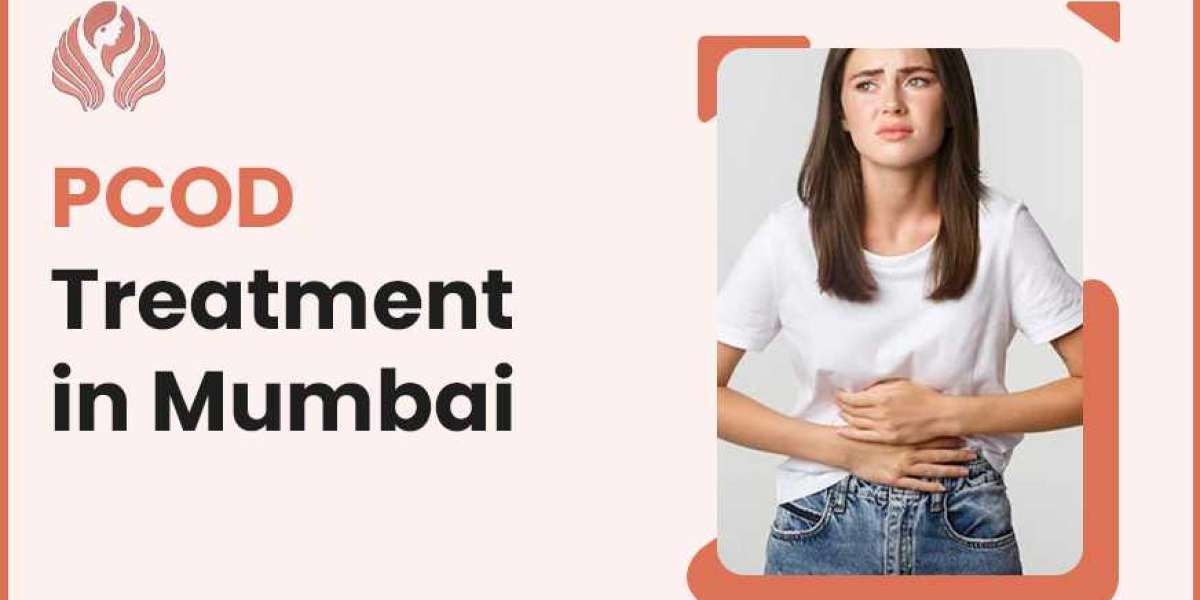It can also affect women after menopause. PCOD affects the ovaries and adrenal glands in females and causes complications later on. Some of the common signs of PCOD include painful periods, acne, abnormal hair growth, infertility, etc. Through this blog post, we will discuss the early signs of PCOD in detail. Additionally, we will provide information on where to seek PCOD treatment in Mumbai.
Signs of PCOD
1. Acne
Acne is a common symptom for women with PCOD, as severe acne does not respond to common treatment. To determine the best course of treatment for acne, you may need to see your dermatologist.
2. Weight
Did you know that obesity affects 80% of women with PCOD? Weight gain is a common symptom, particularly around the abdomen. As hormones and insulin interact with one another, weight gain is linked to a hormone imbalance. You should always see your doctor after experiencing any unexpected physical changes so they can help you determine whether PCOD or another health issue is the cause.
3. Excessive Hair Loss or Hair Growth
Thinning and more severe hair loss on the head are examples of hair loss. Typically, hair will thin and fall out gradually or in clusters. However, PCOD can cause excessive hair growth in some people. It usually affects areas such as the chest, neck, back, etc.
4. Dark Patches
Dark skin patches are not a sign of polycystic ovarian syndrome. However, some medical conditions that affect women with insulin resistance can cause their skin to darken, particularly on the face, neck, and armpits.
5. Skin Tags
Although it is one of the less frequent signs of polycystic ovarian syndrome, insulin resistance can still lead to this symptom. Usually, skin tags are tiny bumps on the skin. Dark spots and skin tags show up in the same place. The areas include the groin, neck, under the breasts, and armpits.
6. Irregular Periods
Missed periods and irregular menstrual periods are common indicators of PCOD. This is due to the fact that irregular periods are fairly common during puberty and a sign that your cycle is about to stabilize. Periods that are irregular or completely missed during teenage years are uncommon and could be a reason for concern.
7. Cysts
Another possible indicator of PCOD is the presence of cysts in the ovaries. In reality, "cysts" are eggs that are released during ovulation. Ovarian growth may result in painful periods.
8. Unable to Conceive
Infertility is one of the most complex issues related to PCOD. Ovulation is necessary for a woman to become pregnant; however, you could not be ovulating if you miss or have irregular periods. For those who want to get pregnant, such circumstances can make the process difficult.
Dealing with PCOD? Consult Dr. Chaitali Mahajan Trivedi, a renowned gynaecologist in Mumbai at Nanavati Superspeciality Hospital. She recommends options such as oral contraceptives, infertility treatments, lifestyle modifications, laparoscopic ovarian drilling, etc., to treat PCOD. To consult her, schedule an appointment today.

